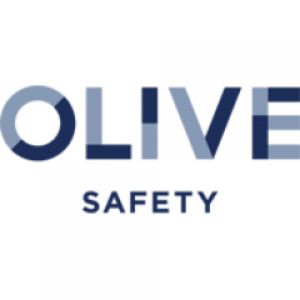Certified Principles of HACCP CoursePosted by Anna Haris on October 24th, 2018 Hazard Analysis and Critical Control Point( HACCP) is the best method of assuring product safety and is becoming internationally accepted as a key for managing and reducing the risk of foodborne safety hazards. At specific and critical points, the HACCP system requires that potential hazards in the process that are identified and controlled up to a certain limit. Food safety hazards involve biological, artificial or natural hazards. Any organization associated in the production, processing or handling of food products have to use HACCP to reduce or eradicate food safety jeopardies in their food products. It is important to hold a HACCP course certificate those who work in the food industry for providing safe, hygiene and suitable food to your customers in a well-managed way. Taking a proper HACCP course by understanding basic plans and principle can assist every single worker to do their job perfectly. HACCP plans is a systematic way to the identification, evaluation, and control or reduction of food safety hazards in the food industry. Each HACCP Plan which is a written document based upon the systems and techniques of HACCP principles and which describes in detail about the methods to be followed during work. Even a single negligence from worker side can cause dangerous hazards. A hazard can cause from a biological, chemical, or physical factor that is reasonably possible to cause illness or damage in the lack of proper control measures. Developing and implementing a HACCP plan include different tasks which can be learned easily through a training program. In that, the first and most important task is to gather a HACCP team consisting of somebody who has particular knowledge and expertise appropriate to the particular food product and process. This team has the full responsibility to develop or create the HACCP plan. They should be multidisciplinary and add individuals from areas such as engineering, production, sanitation, quality assurance, and food microbiology. There should also include local and expert personnel in the team who are involved in the operation as they are more common with the variability and limitations of the operation. Main HACCP Principles: HACCP principles are important to follow a systematic approach to the identify hazards in advance and to evaluate and control of food safety hazards up to the certain limit:
For successful implementation of a HACCP plan and principles, the management and also the team must be strongly committed to the HACCP concept. A strong dedication to HACCP by highest authority provides company employees with a knowledge of the value of producing and serving safe food to the clients. Like it? Share it!More by this author |


